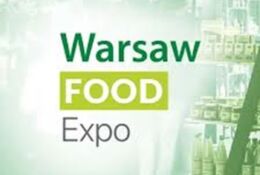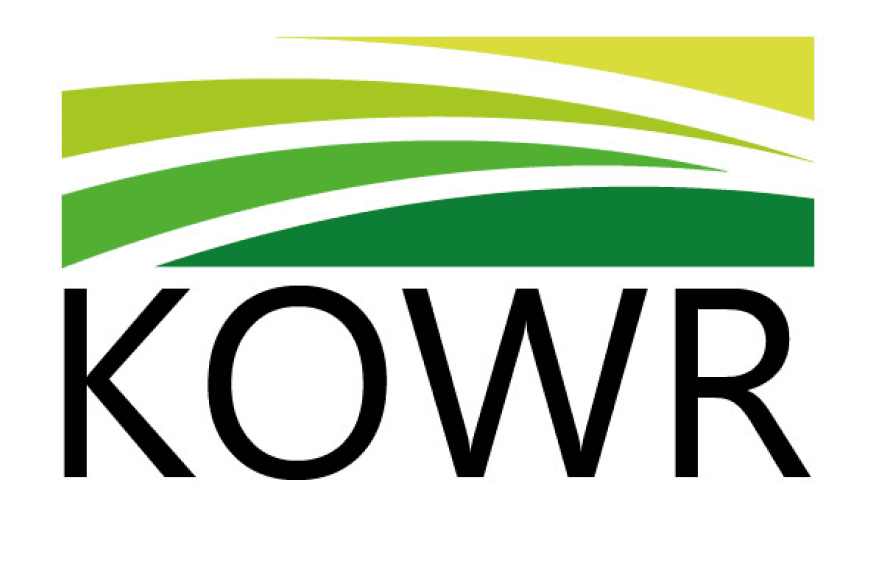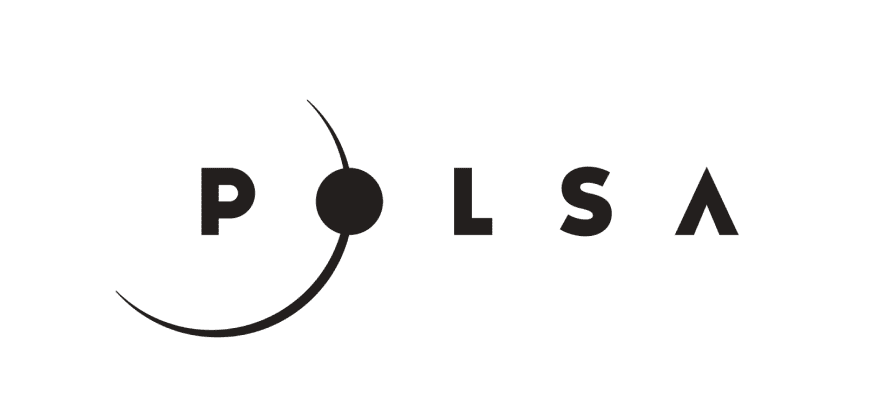Road transport – a leading element of the Polish economy
17.07.2023
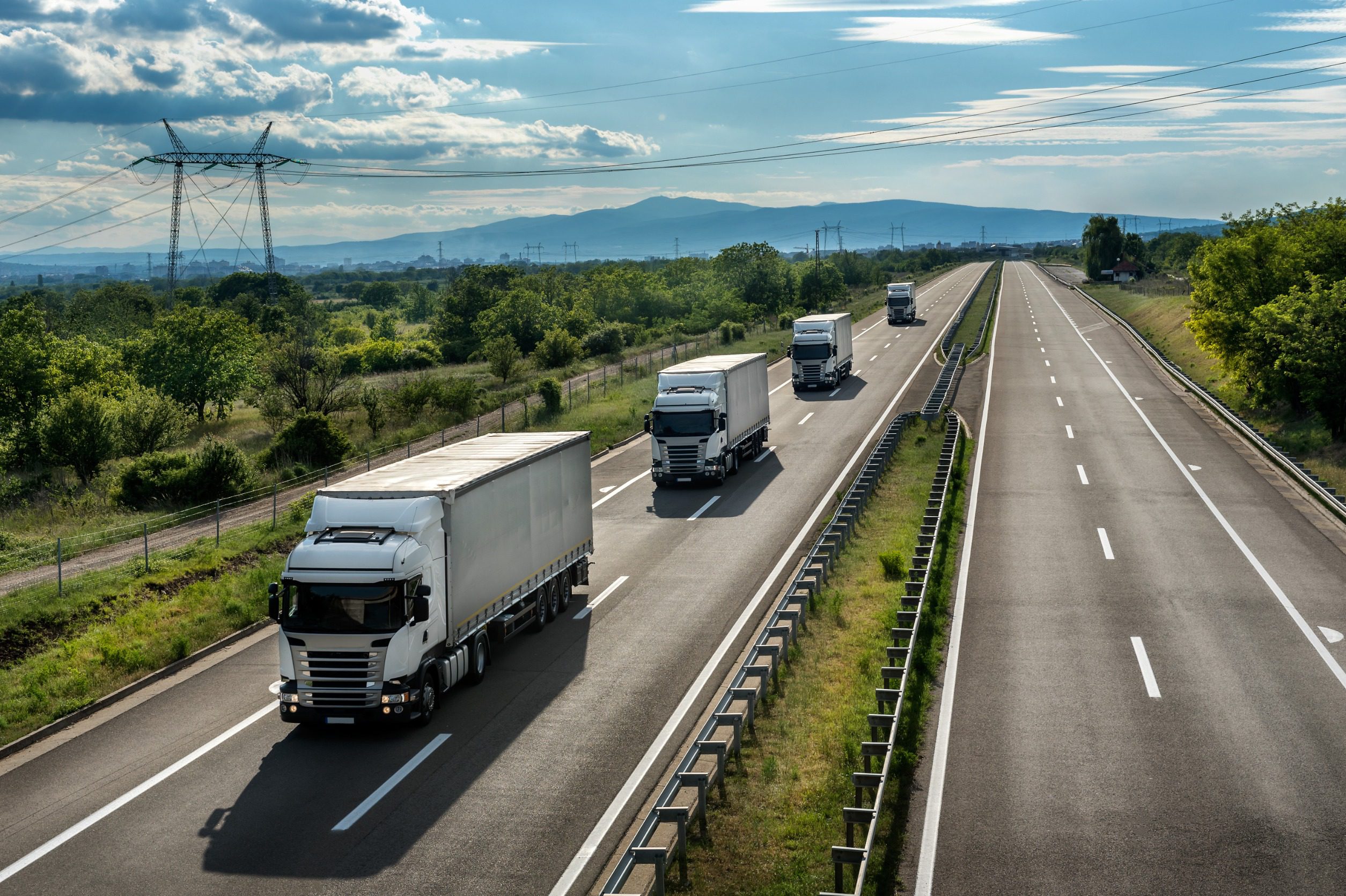
The transport, forwarding and logistics industry is one of the fastest growing sectors of the Polish economy – it accounts for 7% of Poland’s GDP. Between 2010 and 2022, the sector grew at an average rate of 4.9 per cent per year, while the average for the economy as a whole was 3.5 per cent.
When Poland joined the European Union in 2004, domestic companies were responsible for 5 per cent of transport. Currently, this indicator is 20 percent. Poland’s share in the European market in terms of market value of labour also increased proportionally – at the time of accession it was 1.8 per cent, today, it is 8 per cent. According to the authors of the “Road transport in Poland 2023 “report, the reasons why the share in value added is lower than the share in transport performance are as follows:
- lower wages,
- lower intensity of transport-related services provided,
- a relatively larger segment of unregistered transport, which is included in the value added and is not included in transport performance (Central Statistical Office examines all companies in terms of financial results, but registers transport performance only in the case of transport carried out by vehicles with GVW above 2.5/3.5 tons).
Polish companies carry out 15% of transport on the most important routes in Western Europe. The most significant routes are Germany-France, Belgium-Germany, Germany-Italy and France-Germany. As you can see, most of the directions served by Polish transport companies are routes where the destination or starting points are our western neighbours.
Transport in export figures
The share of revenues from transport services in export is constantly growing – in 2022 it accounted for 30 per cent of total service exports. This played a significant role in the easing of the balance of payments that Poland faced after Russia’s invasion of Ukraine. The surplus in trade in transport services is an element that distinguishes Poland from other Central European countries – in 2022 it amounted to EUR 12.8 billion compared to EUR -0.1 billion in the Czech Republic, EUR 0.6 billion in Slovakia and EUR 1.8 billion in Hungary.
Road transport, despite the decline recorded in recent years, is the dominant form of transport for the export of Polish goods – it accounts for almost 80 percent of all transport outside the country. Comparing this value with other countries in the region, it is easy to see that we are at the forefront, significantly ahead of the Czech Republic, Slovakia and Hungary (an average of 59%). Such a high rate of road transport results primarily from the geographical structure of exports as well as infrastructural considerations. Germany has been our largest trading partner for years, so goods are transported over relatively short distances. Also not without significance is the fact that the network of railway lines, which could take over a significant part of freight transport, is not as dense as, for example, in the Czech Republic. There are also seaports, but so far the transport volumes carried out by this channel are insignificant. However, there are many indications that the downward trend in Poland will continue due to the challenges related to the labour market, decarbonization and electrification.
Polish companies in the transport sector
There are currently 127,000 companies in the transport and transport-related industries in Poland. More than half of them (55 thousand) employ only 1 person. Another 40,000 are companies with between 2 and 9 employees. More than 5,500 companies employ at least 10 people. However, there are more and more large companies that employ over 250 people – today there are over 100 of them. Despite this, the market remains fragmented, which can create problems when investing in e-mobility.
Interestingly, despite such a market structure, the role of micro-enterprises year by year is weakening. This can be seen, for example, in the statistics on the number of vehicles. According to the data of the Chief Inspectorate of Road Transport for 2022, there are 36% more companies with over 100 vehicles than in 2020. There was also an increase of those with a number of vehicles between 11 and 50 (an increase of 26%). It follows, that the number of large companies is growing at a very fast pace – last year Poland caught up with Germany in this area and thus found itself among the leaders of the European transport market.
The fleet
As a result of the pandemic, the amount of transport with the latest vehicles has decreased in favour of an increase in older vehicles – up to 10 years. In 2020-2021, carriers did not renew their fleets as the availability of new vehicles decreased, and prices were pushed up. Only the second half of 2022 changed this trend. However, the fleet of trucks is much older than that of companies with the same profile in the European Union . Trucks and semi-trailer engines up to 5 years of age, account for just 15% of the total fleet. For comparison: in Germany it is 51 percent, in France 49 percent, and in Hungary 30 percent. In recent years, Poland has practically equalled Germany in terms of the number of registered vehicals, but it should be noted that this applies to both new and used vehicles. The number of new vehicle registrations in Germany is much higher.
When it comes to vehicles with alternative drives (other than diesel), there is an upward trend and although the statistics are not staggering (5.5% in relation to all truck registrations), Poland is still better than most European countries. Rapid market development and high investments mean that the introduction of new technologies in Poland may be faster than in other EU countries.
The most important obstacles to the development of a fleet of alternative fuel vehicles are deficiencies in transport infrastructure, lack of willingness of customers to bear the costs of decarbonisation and large fluctuations in energy prices.
Employment and vacancies in the industry
In Poland, the vacancy rate in transport and logistics is 25% higher than the average in the economy. Only three countries have a higher rate – Lithuania, Romania and Slovakia. This is due to the fact that road transport of goods is the fastest growing industry in Poland, and the demand for employees is growing faster than the ability of companies to acquire them. The biggest problem is the shortage of workers, working on heavy vehicles in international transport. This is due to the specifics of the work, which forces long absences from home. This translates into a lower level of interest in this type of work among young people who, in conditions of low unemployment, have no problem finding a less absorbing job. Therefore, as many as 35% of drivers operating international routes are at least 50 years old.
Staff shortages are increasingly being supplemented by personnel coming from abroad, primarily from Ukraine and Belarus. The share of Ukrainians among drivers from outside the EU is higher than in other sectors of the economy and reaches 80 percent. Belarusians account for 18 per cent and Moldovans for 1.3 per cent.
Challenges for transport companies
Entrepreneurs from the transport industry face numerous challenges caused primarily by the entry into force of regulations related to the economic effects of the pandemic and the economic consequences of Russia’s invasion of Ukraine. For the purposes of the report “Road transport in Poland 2023”, the authors conducted a survey in which they asked respondents to rank the challenges that companies will have to face in the next five years was assessed.
Here are the results:
The accumulation of challenges that the transport industry has recently faced has meant that the industry has struggled with numerous problems. However, in the long term, companies see development opportunities, which translate into a high rate of planned investments. Apparently, the economic slowdown is treated by the sector as a temporary phenomenon, which will be followed by better times.
Source: report “Transport drogowy w Polsce 2023”– TLP, SPOTDATA, Shell
- Everything
- News (263)
- Events (160)
- Get Support (82)
-

us4us sp. z o.o.
Other goodsShow allShow more Show lessUS4US is a Polish hi-tech company specializing in advanced, customizable ultrasound systems for medical and industrial use. Our open, GPU-accelerated platforms support real-time imaging, raw RF acquisition, and integration with Python, MATLAB, and C/C++. Dedicated for research and OEMs, US4US enables rapid development of new imaging solutions through high-speed data streaming and flexible, software-defined ultrasound technology.
 Article
ArticlePoland drives the Startup revolution in Central and Eastern Europe
Polish companies rank among those with the highest potential to become unicorns

Biuro Rachunkowe KZ
Business servicesShow allShow more Show lessWe specialize in providing comprehensive accounting, tax, and HR and payroll services for entrepreneurs. We support both sole proprietors and companies, tailoring our services to meet each client’s specific needs. Our approach is grounded in current legal and financial knowledge, supported by modern solutions that ensure safety, efficiency, and peace of mind in business operations.
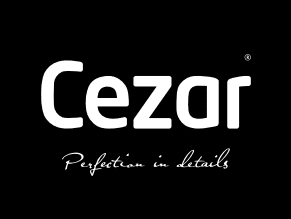
CEZAR PRZEDSIĘBIORSTWO PRODUKCYJNE DARIUSZ BOGDAN NIEWIŃSKI
Renovation and construction materialsShow allShow more Show lessCezar specializes in the production and sale of skirting boards, profiles, tile and terracotta angles, as well as wall panels and roof soffits. They also offer mounting accessories and decorative stucco. Additionally, they provide DIY profiles.
-
 Article
ArticlePoland drives the Startup revolution in Central and Eastern Europe
Polish companies rank among those with the highest potential to become unicorns
 Article
ArticleTripling high-tech exports in the last 15 years
In 2024, exports of high-tech products from Poland reached EUR 37.25 bln, up 10.1% year-on-year
-
 Event
EventAGRO SHOW 2025
International Exhibition – Agro Show 2025 will be held between the 19th-21st September 2025, in Bedn…
 Event
EventKIELCE IFRE-EXPO 2025
The 5th International Trade Fair of Fire Brigade and Rescue Services Equipment will be held between …
-
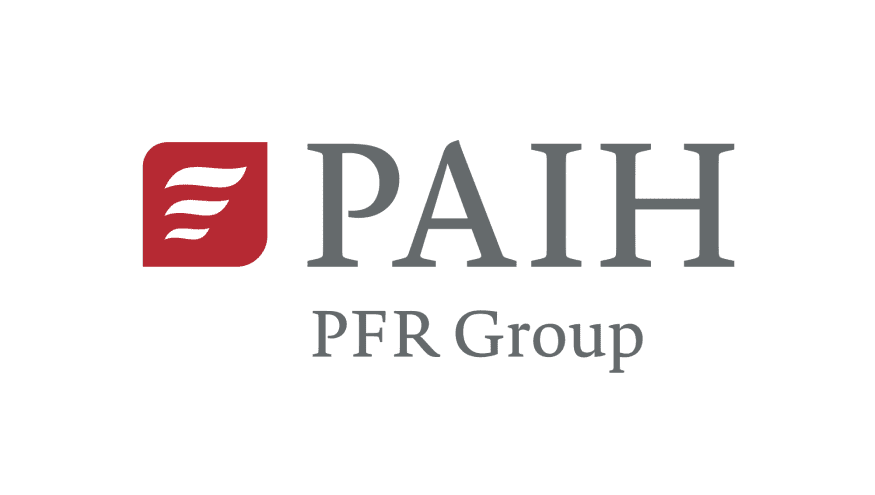 Institution
InstitutionPolish Investment and Trade Agency (PAIH)
The Polish Investment and Trade Agency (PAIH) is the partner of first-resort for entrepreneurs when …
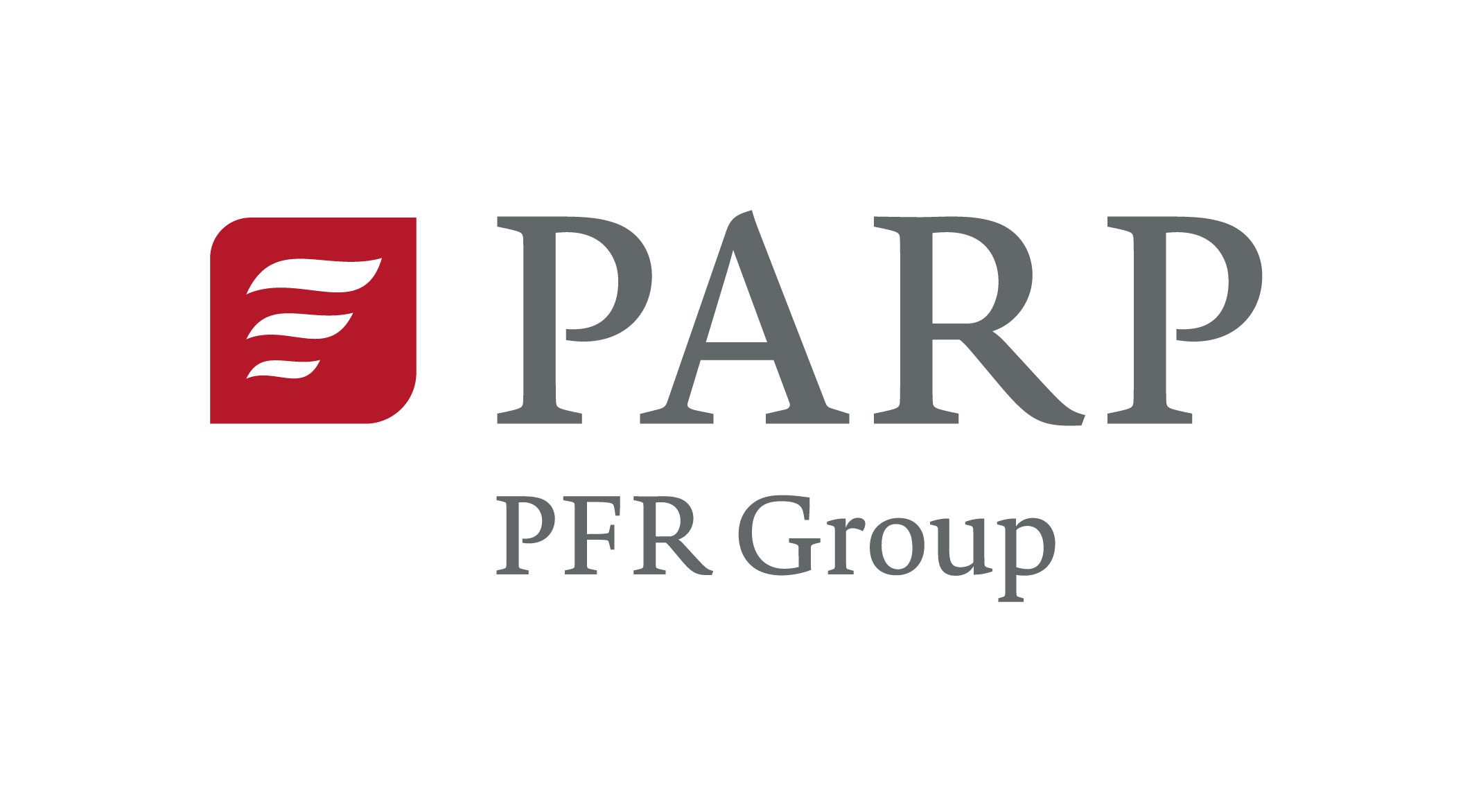 Institution
InstitutionPolish Agency for Enterprise Development (PARP)
Polish Agency for Enterprise Development (PARP) mission is an implementation of economical developme…
The Export Promotion Portal uses cookies to make it easier for users to use the website and for statistical purposes. If you do not block these files, you agree to their use and saving in the memory of your computer or other device. Remember that you can change your browser settings to block the storage of cookies. More information can be found in Privacy Policy and Terms and conditions.



